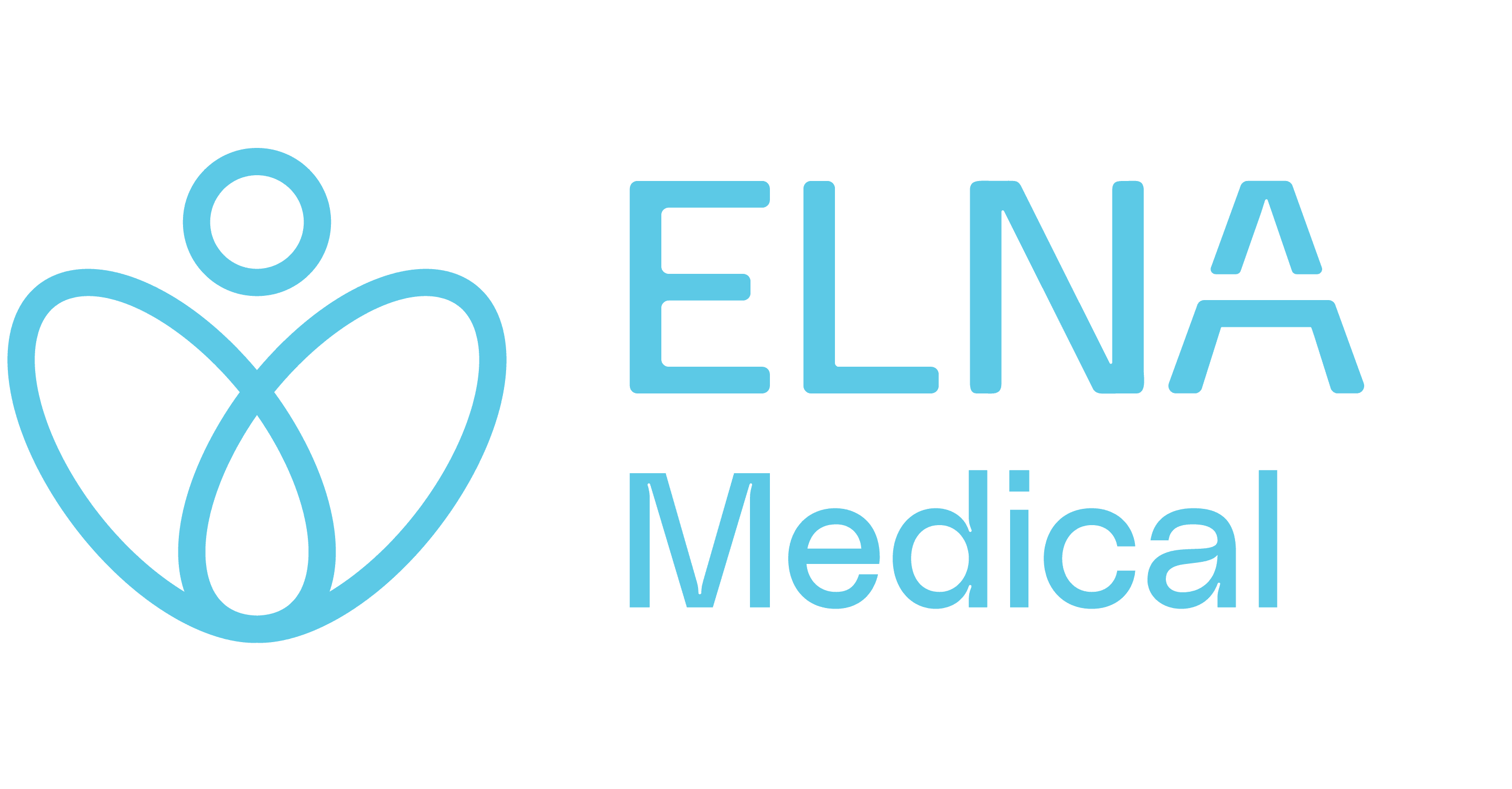More than 40,000 Quebecers are diagnosed with a Sexually Transmitted Infection (STI) every year. Find out how you can contract an STI, what the main symptoms are and how to get tested if you have any doubts about your sexual health.
- What is an STI?
- How do you get an STI?
- What are the symptoms?
- How do you get tested?
- Test centers in Quebec
What is an STI?
Formerly known as sexually transmitted diseases (STDs), STIs are infections transmitted through sexual contact (vaginal, oral, anal), blood or from mother to child during pregnancy. The most commonly observed STDs are chlamydia, gonorrhea, syphilis, genital herpes, hepatitis B and C, human papillomavirus (HPV) and human immunodeficiency virus (HIV).
How do you get an STI and why get tested?
There are several good reasons to get tested. Shelbie Moreau, nurse at ELNA Medical – Old Montreal explains why.
- You’ve had unprotected sex, recent or not, with someone you know well or not.
- You’re starting a new relationship and need reassurance.
- You are in a stable relationship and wish to remove the condom or have a child.
- You’ve had a relation with someone who already has an infection.
- You have doubts about your partner’s fidelity.
- You have shared unprotected sex toys.
To minimize the risk of catching an STI through sexual contact, we strongly recommend using a condom every time you have sex, whatever the circumstances, to protect your health and that of your partner(s).
- You have shared equipment to use drugs by syringe or inhalation (cocaine).
- You accidentally pricked yourself with a dirty syringe.
To limit the risks, don’t share your consumption or preparation equipment. Drug use can be dangerous to your health. Talk to your doctor about it.
- You have had a tattoo or piercing done using non-sterile equipment or in a non-sterile location, such as at a party or on vacation.
Make sure your tattoo or piercing parlor complies with regulations on instrument sterilization.
- You are in the early stages of pregnancy and would like a follow-up.
What are the symptoms of an STI?
The symptoms of STIs vary considerably depending on the type of infection, but the most common are as follows:
- Ulcers, bumps or pimples near the genitals, anus or mouth
- Pain or burning when you urinate
- Itching, bad odor, discharge or unusual secretions from the genitals or anus
- Pain in the lower abdomen
- In women: vaginal bleeding between periods
However, you may have an STI without knowing it, as most STIs do not cause symptoms. They can also manifest themselves several weeks or months after transmission.
If you’re concerned you may have been exposed to an STI, with or without symptoms, the only way to know for sure is to get tested. Find out more at your STI screening clinic in Old Montreal and Décarie Square.
How do I get tested for STIs?
The best way to get tested is to make an appointment with a doctor or nurse at a screening center.
Before your appointment, it is important to be well prepared:
- Do not urinate 2 hours before the appointment.
- Bring your identity card and/or Quebec health insurance card. This will enable us to access your medical history (results of previous screenings, vaccinations, etc.) and advise you more effectively.
- Be relaxed. Nurses are used to dealing with all kinds of conditions. Screening can take the form of a vaginal, anal or throat swab, or a urine or blood sample. It all depends on the STI targeted.
- Be prepared to answer intimate questions: don’t be shy about exposing your doubts, discomforts and answering all your nurse’s questions! The more transparent you are about what concerns you and your partner(s), the better we can target infections for screening.
- For women, your nurse may suggest that you undergo a non-compulsory gynecological examination. In this case, there’s no need to clean your private parts, as the diagnosis will be more effective on a natural genital organ.
Note that STI tests are not refunded by the RAMQ, but are covered by most private health insurance plans.
STI test center in Québec
If you’ve had unprotected sex or experienced another high-risk situation, the only way to be sure of your status is to get tested. ELNA Medical offers its clinics in Old Montreal and Décarie for rapid screening, with or without symptoms.
Women, men, transgender people and people of all sexual orientations, our nurses and doctors ensure your comfort and confidentiality throughout the process.
Once you’ve taken the test, you’ll receive your results within 24 hours (for the most common STIs). If the test results are positive, your doctor will be able to quickly recommend a treatment suited to your condition.














